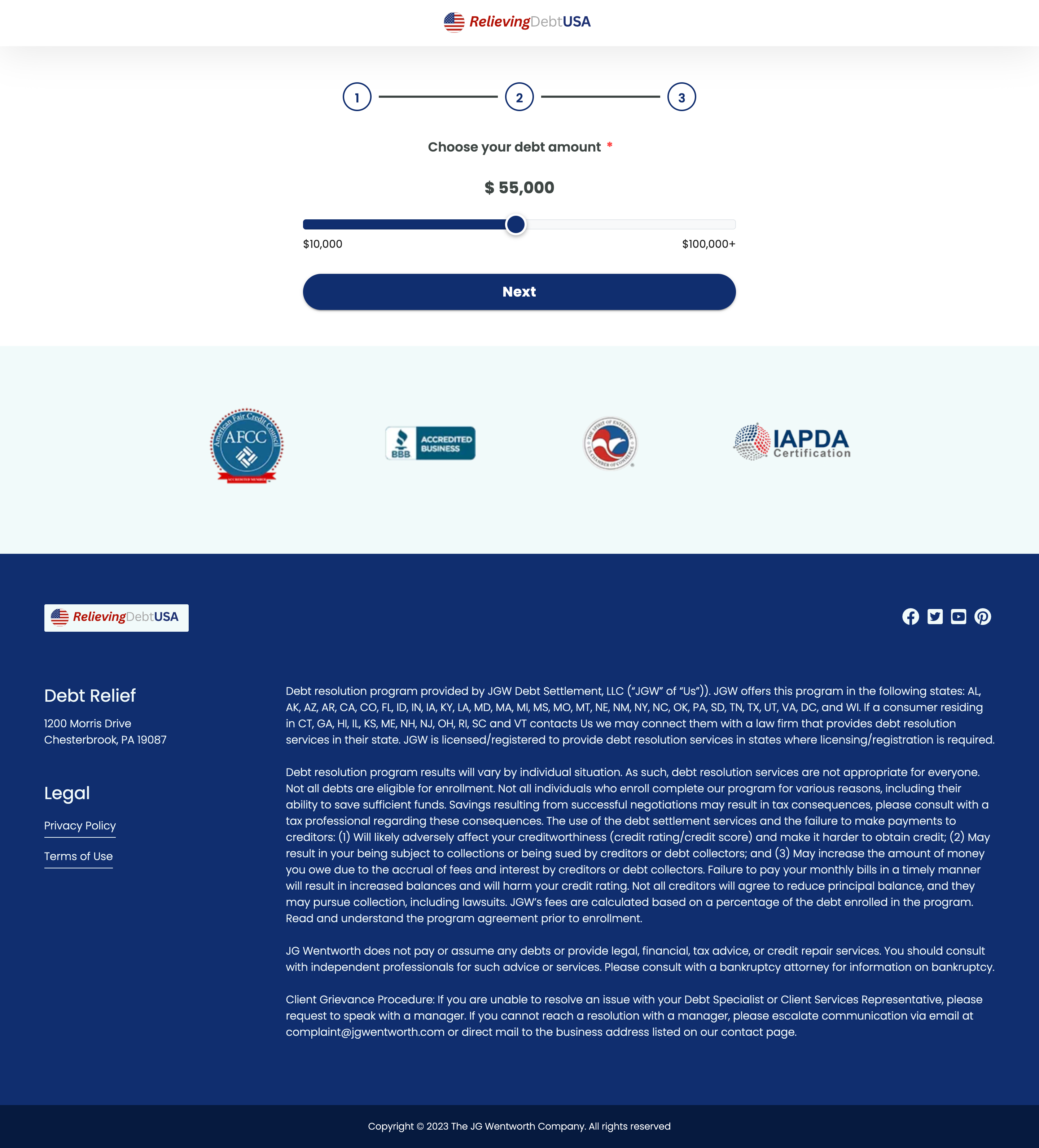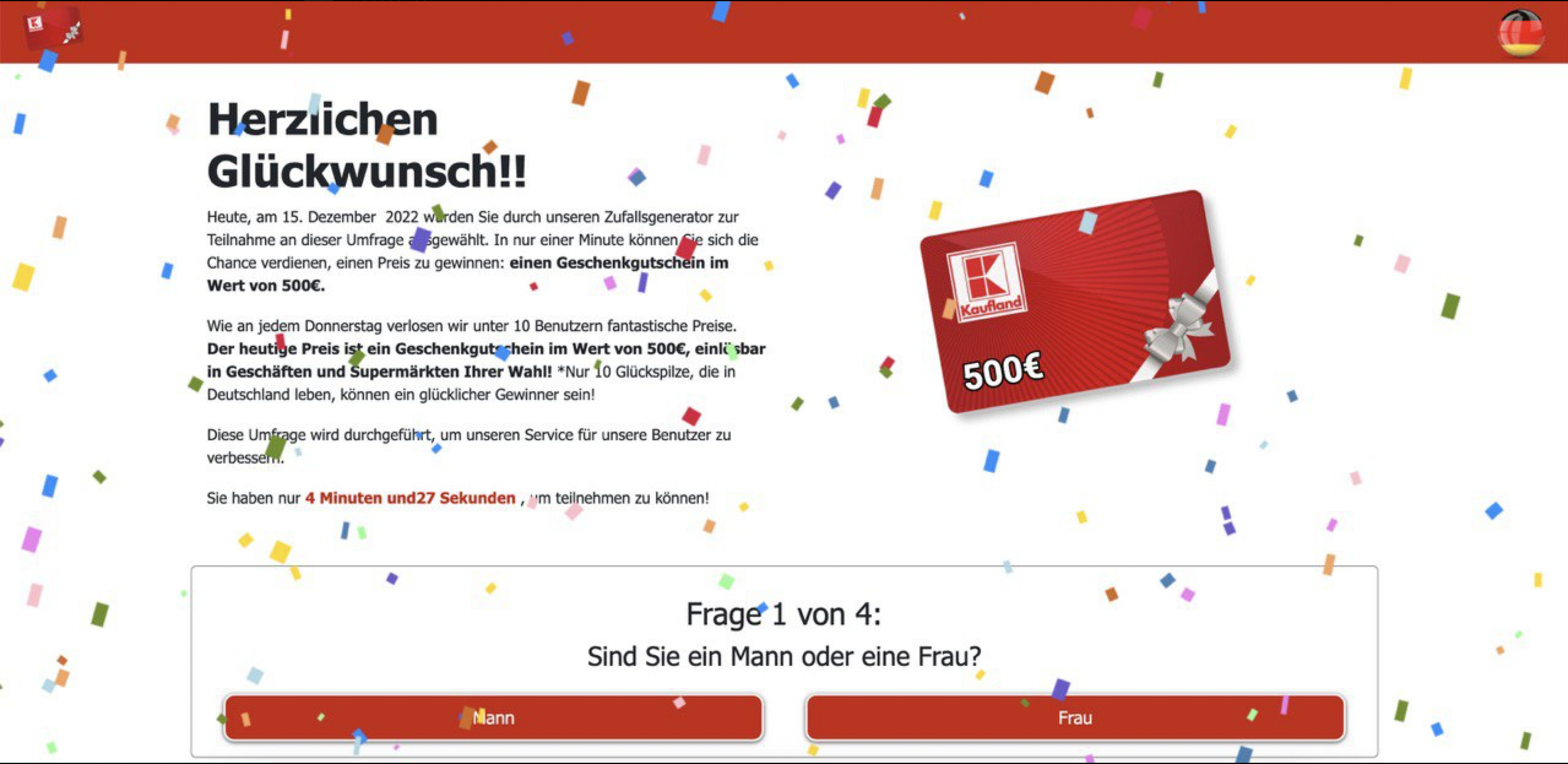The Impact of Web Scraping on SEO and Digital Marketing
Table of Contents
Introduction
Web scraping has become an integral part of SEO and digital marketing strategies. It involves extracting large amounts of data from websites and using it for various purposes such as competitor analysis, market research, and content creation. Understanding the impact of web scraping on SEO and digital marketing can help businesses make informed decisions about their online strategies.
What is Web Scraping?
Web scraping refers to the automated process of collecting information from the web. Using tools and software, data is gathered from websites and stored for analysis and processing. This data can include text, images, and structured information like tables or lists. Web scraping is particularly useful in extracting data that is publicly available but not easily accessed otherwise.
How Web Scraping Impacts SEO
Web scraping can have a significant impact on SEO activities. It allows marketers to gather critical information regarding keyword performance, backlink data, and competitor strategies. Through this, businesses can refine their SEO tactics and enhance their visibility on search engine results pages (SERPs). However, poor execution of scraping can also lead to potential penalties from search engines.
Benefits of Web Scraping in Digital Marketing
Digital marketers leverage web scraping to derive insights that inform their campaigns. By collecting data on customer behavior, reviews, and trends, marketers can adapt their strategies to better meet audience needs. Additionally, scraping enables the identification of trending topics and popular content formats, allowing marketers to create relevant and engaging content.
Challenges of Web Scraping in SEO
While web scraping offers numerous advantages, it also poses several challenges. One major issue is dealing with the ethical use of scraped data. SEO professionals must ensure they are not infringing on copyright laws or violating terms of service when using scraped content. Furthermore, developing and maintaining scraping tools requires technical expertise and resources.
Ethical Considerations of Web Scraping
Web scraping raises important ethical questions, particularly concerning data ownership and privacy. Businesses must be transparent about how they use scraped data and should obtain permission from website owners when necessary. Respect for content creators and adhering to data protection regulations are crucial to maintaining trust and legality.
Web Scraping Tools and Techniques
There are various tools and techniques available for web scraping, ranging from browser extensions to complex scripts. These tools can target specific data types and automate the extraction process. For instance, Landing page ripper tool is useful for capturing landing page content including HTML, CSS, and images. Selection of the right tool depends on the specific needs and capabilities of the marketer or SEO professional.
Conclusion
In conclusion, web scraping serves as a powerful ally in SEO and digital marketing. By providing access to valuable data, it allows businesses to enhance their online presence and adapt to changing market dynamics. However, the ethical and legal challenges it poses must be carefully navigated to ensure compliance and maintain brand integrity in the digital world.









